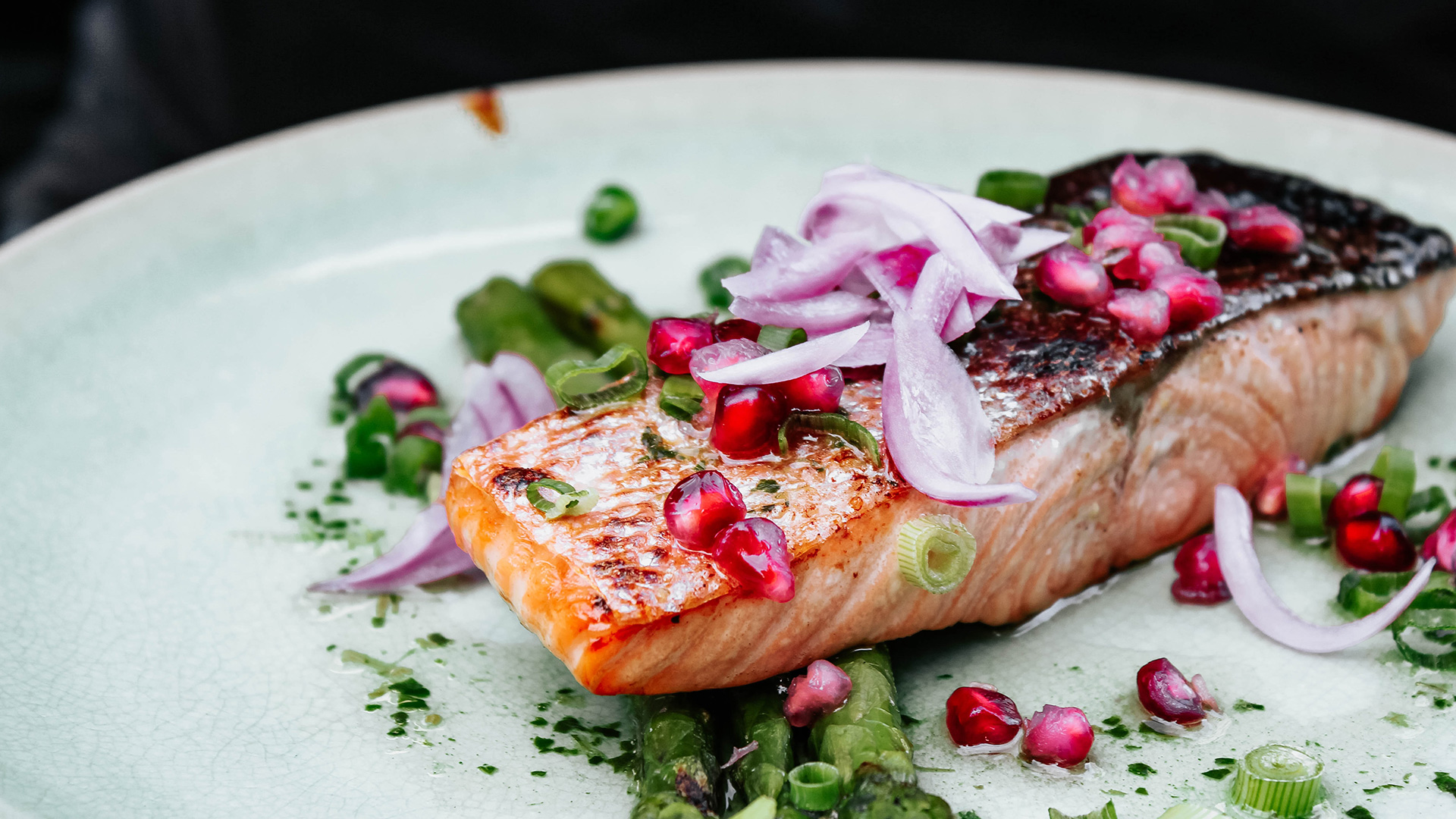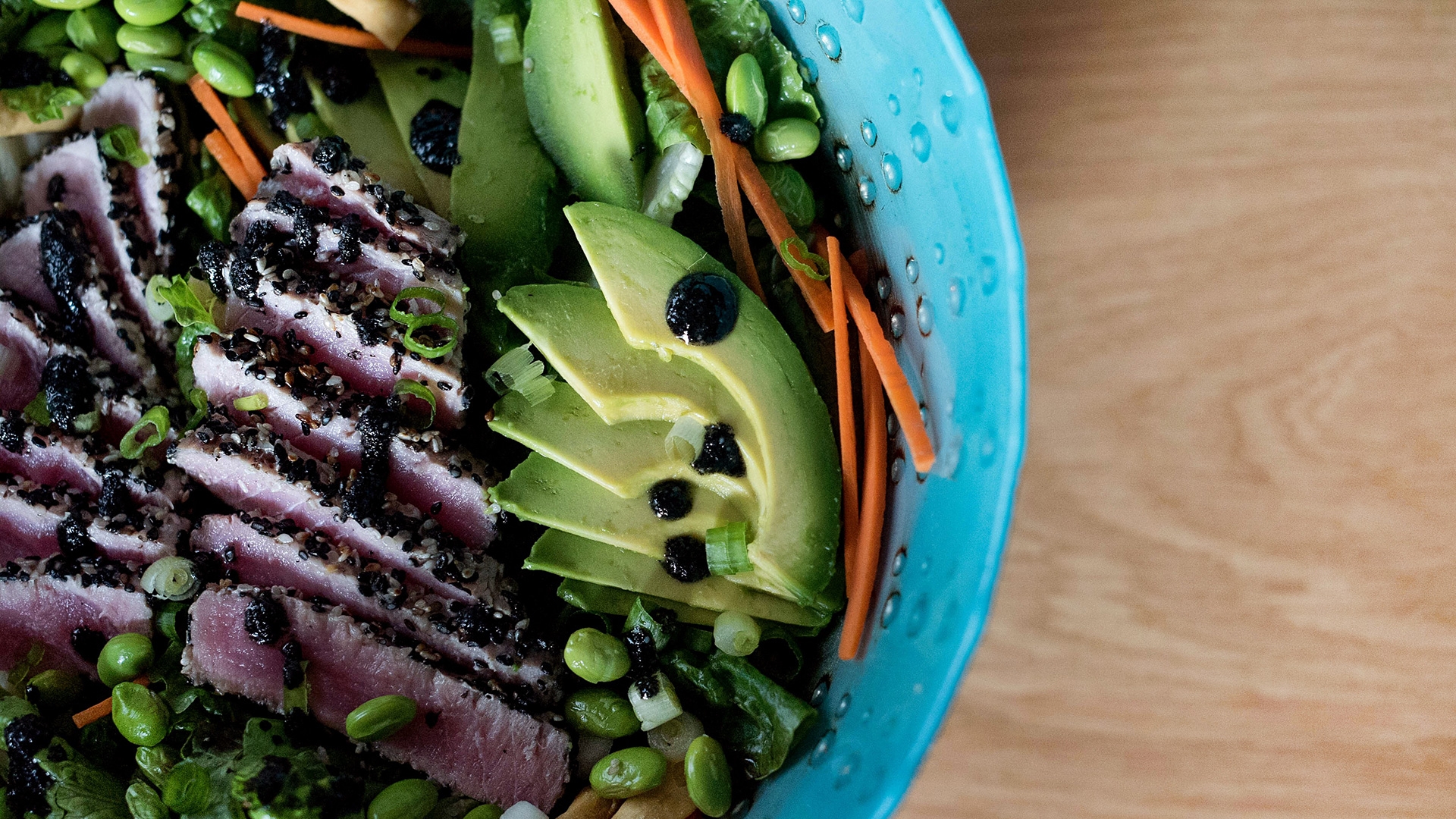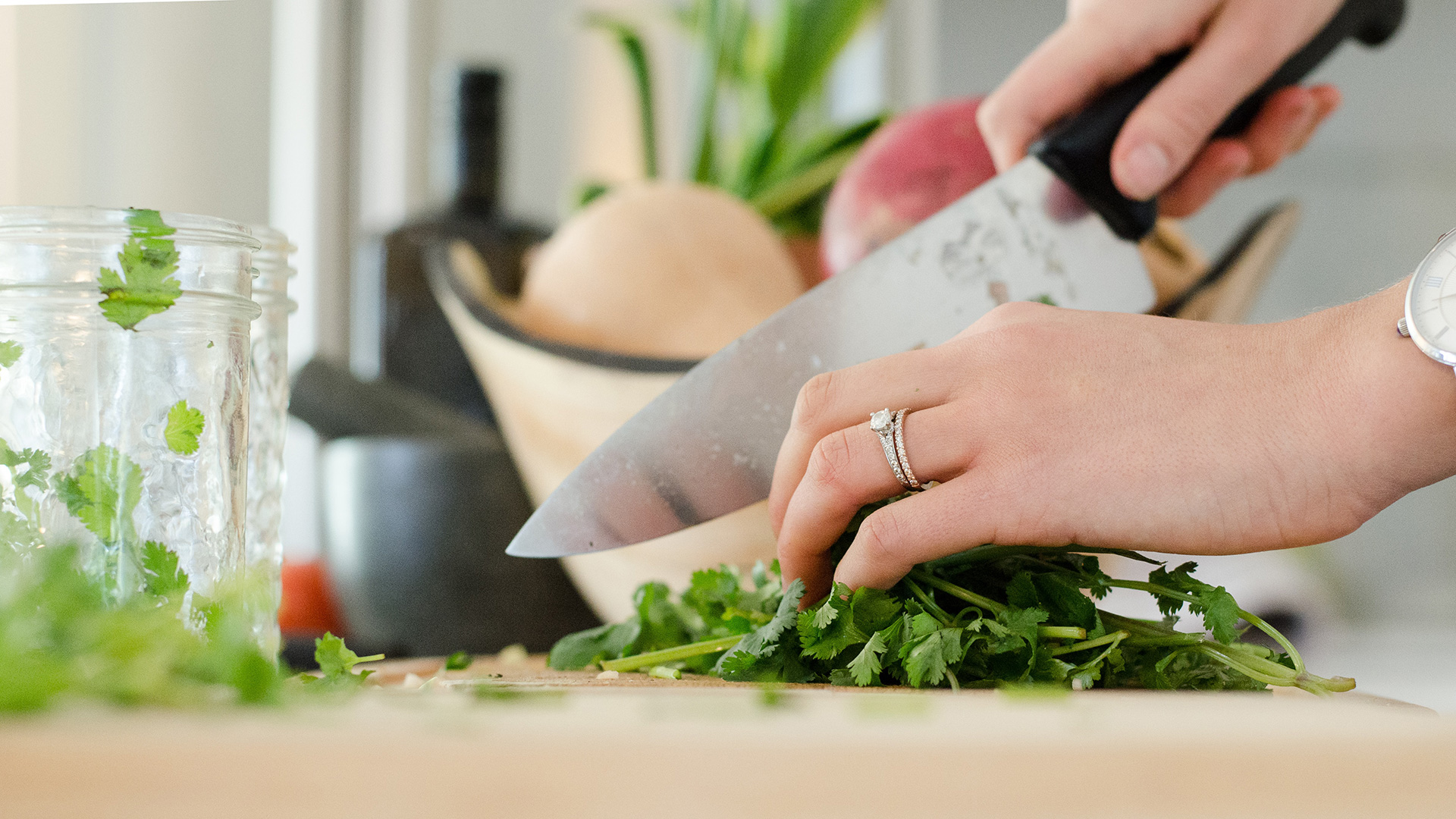How to lose weight with the keto diet: Can the ketogenic diet help you shed pounds easier?
Everything you need to know about keto, plus top tips for success for weight loss with keto


The keto diet is one of the few diets that can actually help you lose weight by tweaking your metabolism and turning you into a fat-burning machine. Ketogenic diet is surrounded by a lot of skepticism, which is understandable as there is a lot of contradicting information available online about it. We are here to tell you: if you have the willpower to adhere to the restrictions of the keto diet, it can significantly help you lose weight.
Is following the keto diet your one-way ticket to fit body heaven? Whilst it has proven to aid weight loss, there is little research around how it affects the body if followed for a longer period of time (for some alternatives, head to our guide to how to lose weight quickly).
Having said that, keto can also help lower blood sugar and insulin levels - although diabetics should consult a doctor first, as should anyone thinking about drastically changing their diet.
How does the keto diet work?
Originally designed as a therapeutic diet to treat paediatric epilepsy, the keto diet is a high-fat, moderate-protein and low-carb diet which sends your body into ketosis, a metabolic state where instead of carbohydrates, the body uses ketone bodies (created by breaking down fat) as fuel. In order to maintain this metabolic state, you must follow a very strict diet: the standard ketogenic diet requires you to cover your daily energy needs from 75 per cent fat, 20 per cent protein and 5 per cent carbs.
Keeping the carb levels low can be especially challenging to some: to make sure you stay in ketosis, the daily carb levels need to stay under 50 grams, or in the case of strict keto, under 20 grams. To put it in perspective, 100 grams of apple – which is pretty much one medium sized apple – contains 14 grams of carbs.

A typical keto diet contains eggs, dairy products such as cream and cheese, nuts, fatty fish, butter, meat and so on. Food items to avoid include high-carb vegetables, fruit, grains, beans and alcohol. To aid digestion, you might also want to up your liquid intake and drink more water. Drinking plenty of water helps metabolism and cell regeneration too.
What are the benefits of keto diet?
The ketogenic diet can help you lose weight in a variety of ways. Ketosis pretty much turns your body into a fat-burning machine, let it be dietary fat or in the absence of that, your fat-stores. As well as that, by limiting the type of food you can eat, you will naturally eat less as there is no way you won't be bored by eating avocados and eggs every morning.
Start your week with achievable workout ideas, health tips and wellbeing advice in your inbox.
Even if you eat your avocados and eggs, because of the macronutrient composition of a typical keto diet menu, you won't be hungry as often as on a regular, high-carb diet. It takes the body longer to digest fat and especially protein as it is to digest fat, so even if you eat less, you won't feel pangs of hunger that often.
According to diabetes.co.uk, the keto diet can "improve insulin sensitivity, lower blood pressure and usually improve cholesterol levels". The same source also mentions various mental health benefits of keto: "ketogenic diets show promise for improving mood and research suggests that the diet may possibly benefit a number of mental health conditions such as depression, bipolar disorder, schizophrenia and dementia".
Is the ketogenic diet safe?
As efficient as the keto diet is, it is not without side effects, the most often reported one being the so-called 'keto flu'. Keto flu is an umbrella term for a range of physical conditions that can – according to Healthline – "include poor energy and mental function, increased hunger, sleep issues, nausea, digestive discomfort and decreased exercise performance." Even if you experience any of these symptoms, they don't last long, only until your body switches over to fuel itself primarily with ketone bodies.
Some sources suggest taking some mineral and even more salt to your food at the beginning to counterbalance the lack of micronutrients in your diet. An Insider article recommends adding MCT oil to your diet, as well as using magnesium and fibre supplements, although the article also suggests that many micronutrients can be covered by consuming certain food items such as leafy greens, avocados and table salt.

Top keto tips
Want to lose weight using the keto diet? Here are some top tips for success...
- Plan ahead
The best way to get ready for going on keto is to plan your food intake in advance. There are many free apps available that can help you plan and organize meals around macronutrients so you don't have to do the maths on paper, trying to work out the percentages of each portion of food you have.
- Do your research
Keto is a very restrictive diet, so doing plenty of research about it is a good idea. This can involve looking into what type of food you can and cannot eat, when is the best time to eat them and so on. You'd be surprised to hear that avocados, a fruit almost associated with keto diet, is actually relatively high in carbs so unfortunately, you can't just gorge yourself on it all day.
- Cook your own meals
Probably the safest way to go about taking in the right percentage of fats, protein and carbs is to cook for yourself. It might sound a lot of hassle but creating keto meals isn't that hard and by cooking for yourself, you can also better appreciate the food you are eating, which is a good way to eat less.
- Source suitable recipes in advance
Given the restricted ingredients list, just having scrambled eggs with spinach can get boring pretty quickly, so adding a bit of variety to your meals is crucial when on keto. Thankfully, there is no shortage of keto-friendly recipes online: even if you'll try a different recipe every day, you won't go through all of them for sure.
Matt has been writing about fitness for a number of years across various Future titles including Fit&Well and T3. PR reps describe him as 'nice guy' but his family members beg to differ. He's always looking for new ways to improve his overall fitness and wellbeing, and is particularly fond of home workout - mainly lifting weights. At any given point, his home is overrun with fitness equipment, running shoes and wearables. And he loves it.
